TAXES MUST BE PAID FOR HOUSEHOLD WORKERS
If you employ a nanny, housekeeper, gardener, or other form of a household employee, you could be responsible for federal and state tax obligations. With the Household Employees Tax, you don’t need to withhold federal income taxes. Yet, you have the option to if the employee requests it and they fill out Form W-4. On the other hand, you may have to withhold Social Security and Medicare (FICA) taxes, and pay federal unemployment (FUTA) tax.
FICA and FUTA tax basics
For 2019, if your household employee earns the threshold of $2,100 or more in cash wages, you are required to withhold and pay FICA taxes on all wages. The exception is if you employ a part-time nanny under the age of 18, and if being a nanny isn’t his or her primary occupation. In this situation, you are not liable for the FICA tax.
You and your household employee could have FICA responsibilities. If your employee’s wages exceed the threshold, then you are required to withhold the employee’s FICA and you have to pay a matching amount. For Social Security, the tax rate is 6.2% for both you and your employee. The Medicare tax is 1.45% for both of you.
FICA and FUTA tax continued
You do have the option to pay your employee’s portion of Social Security and Medicare taxes. If you choose this, the payments you make aren’t incorporated as additional wages for Social Security and Medicare purposes. They are counted as additional income for your employee for federal tax purposes. You must include your payments as wages on the W-2 that you give to your employee.
You are solely responsible for the FUTA tax, which kicks in if you pay cash wages to an employee of $1,000 or more in any quarter. The FUTA tax is applicable to the first $7,000 of wages you pay a household employee.
Ways to report and pay the household employment taxes
By increasing your quarterly estimated tax payments or withholding more from your wages, you can pay your household employee requirements rather than paying an annual sum.
You do not have to file employment tax returns if you do not own a business. But you must report employment taxes on your personal returns on Schedule H. You must have an employer identification number on your personal returns as well. This number is different from your Social Security number and can be obtained by filing Form SS-4.
If you are the sole owner of a business, you must include a household employee on forms 940 and 941. These are forms you file for your business and use your EIN when reporting the taxes.
Maintain records
You should keep these tax records for at least four years after the due date of the return or when the tax was paid. All contact information for your household employee such as their name, address, and Social Security number should be saved. You should also keep records of employment dates, wages and taxes withheld, and any copies of forms filled.
If you have questions about how the Household Employees Tax might apply to your situation, contact us.




